|
In an earlier series of posts we detailed what it took to rent our first apartment in Porto. We have now rented our second and with additional experience we felt we should lay out even more info for those who might navigate these unknown waters. This new series will discuss some of the unique particulars of renting an apartment or house here, translate the various Portuguese terms you'll find in rental ads, and share some tips and warnings about the process. Here we go! As you begin your preparations to move to Portugal, one of first decisions is where you’re going to live. You might prefer a “landing pad”, a starter location to allow you time to adjust to a new country and culture before choosing a more permanent home. Or you want to make one move and that’s it. Either strategy is workable. What looks great online or in guide books may not translate into reality. Because of this, it’s our recommendation that you visit Portugal and spend time in the various regions to get a “sense of place”. Every city and village has their own vibe and what might be perfect for us will not do for someone else. Big city, medium size town, tiny village, somewhere in between. There are so many choices here. We loved Porto’s small neighborhood feel and preferred its more laid-back atmosphere to the Lisbon’s high energy, though other expats swear endless allegiance to the vibrant capitol city. A compromise might be beautiful Coimbra with its incredible history and architecture. Or Braga and Guimarães, which are equally great places to live. Many newcomers choose smaller towns or villages where English isn’t common, but your neighbors are known to leave gifts of produce or eggs on your doorstep. It all depends on your lifestyle. As for how to find an apartment or a house, online sites such as Idealista, Imovirtual, Casa Sapo, BPI Expresso will be of help. Also check the real estate agency sites as realtors provide services for both home buyers and renters. We worked with agents for both of our apartments and were pleased with the level of service they provided. Be aware that some agents will only show listings available through their agency, while others, like our first agent, would show us apartments not represented by them. The benefit is that you have a professional on your side who speaks Portuguese, can help with negotiation, and will help you understand the rental contract which will normally weigh in at 20 pages of legalese. To sidetrack the issue of who paid the commission on our first rental (because agents do not like to split fees with others outside their agency), we paid our agent. The second rental property was listed on ReMax’s site. Our agent was also ReMax so the commission was split between her and the listing agent and was paid by the landlord. One caution regarding the online sites: Right after our first visit to Portugal I saw a gorgeous apartment listed on Idealista. It was beautifully furnished and the monthly rent was hundreds of euros lower than I would have expected. The listing gave a general location on the other side of the river in Vila Nova de Gaia. We’d just been down that way and where they said the apartment was located I knew to be abandoned buildings. Here is where Google Maps is your friend. Use the app to “walk the streets” around a supposed location, which is what I did, and I found nothing that looked like the exterior of that apartment building even if it had been through reconstruction. Google Maps has been doing a good job of updating its images so it’s fairly current. Another clue that the listing was bogus – the only way to contact the landlord was via WhatsApp and he/she lived in Spain. A day after we decided the listing was a scam it was removed from the site. Also…. there are also fiendishly clever AirBnB scams that look incredibly legit. Please do be careful! Like any country, Portugal is blessed with a variety of microclimates, ranging from abundant sunshine in the Algarve along the southern coast, to the cooler north. Here in Porto we do have a bit more rain in the winter than other locations, but it’s not as hot in the summer because of our proximity to the Atlantic Ocean. One site that helps you research weather conditions is Weather Spark. Here's a comparison of Porto vs. Coimbra in July, in which the latter (66 mi/106km south of Porto) proves to be far hotter. We learned that lesson last summer when it hit 100 degree Fahrenheit. Braga and Guimarães (nearly 30 miles northeast of us) also have warmer temps in the summer. Often, you’ll find the more inland you go the warmer it might be, but it also depends on wind patterns and topography. Like in the States, each location has its trade offs in terms of weather. The winters in the north can be wet and chilly. Our initial winter in Porto saw me wearing multiple layers of socks and heavy sweaters as we adjusted to the lack of forced air heating (our apartment had central gas hot water heat with adjustable radiators in all of the rooms but the kitchen). Though many Portuguese use a dehumidifier to reduce moisture, we actually experienced static electricity during the heating season, so your home’s climate will vary depending on the construction of the building, quality of the windows and such. Air conditioning is not common in Portugal, and neither is central heating in older construction. If you are renting an apartment or a house, using portable electric heaters can rack up impressive utility bills as the country’s electric rates are high. In fact, they are the second highest in Europe and their gas rates are the highest. See the links below for some of the various kinds of heating and air conditioning products available. All have their pluses and minuses. We will discuss Energy Certification in the next section, which will help you assess how much energy you will use for heating and cooling. Here are some of the heating and cooling options you’ll find at Leroy Merlin: Salamanders, electric and oil heaters Fixed and portable air conditioners Window screens aren't as popular as back in the States, though you can find adjustable ones at Leroy Merlin to catch those lovely breezes in the middle of the summer. Our new apartment has a certain type of window that means adding screens in the living room will require some ingenuity. Luckily the bedrooms can use the screens we had at the old place. Where to Live
To choose the best area for you and your family, you really do need to do your homework, as well as some soul searching. Here’s a few questions to get you started:
We do not want to own a car—parking can be a major headache here—so we chose a location with great mass transit as well as Uber and Cabify service. We also wanted to be near major hospitals and live in a city with various cultural events. Since we love rivers and oceans, Porto was ideal for us. Rainy days might bother some, but we just stay inside and curl up with a good book. Much like Florida, you’ll have drenching rain for a little while, then the sun comes back out. Having grown up in Iowa where you can have weeks of gray skies in the winter, this is heaven. No matter where you settle there are certain hazards to be aware of. Portugal, at least in the countryside, has been experiencing major fires fueled by drought conditions that have become more commonplace as the climate shifts. We also get gales off the Atlantic which can produce heavy rains, winds and flooding. Last October we actually had a hurricane strike near Coimbra. Portugal is also in an earthquake zone so there’s that. On the flip side we are neighbors to some of the friendliest folks in the world and the food is fantastic. The next blog post will discuss energy ratings, apartment sizes and other things you'll encounter as you begin the search for your new home. In the third post there will be a handy cheat sheet of common Portuguese terms you’ll find in rental ads and what those mean. Having looked at HUNDREDS of these listings we’ve gotten rather good at reading between the lines. We’ll share what we’ve learned as well as a few tips on how to avoid renter hassles. Comments are closed.
|
Your HostsHarold is a former software engineer. Jana is an author. Together they're exploring their new life in Portugal. Archives
December 2022
Categories
All
|

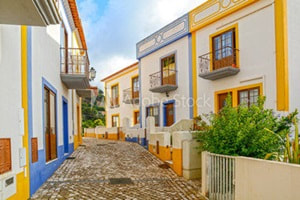
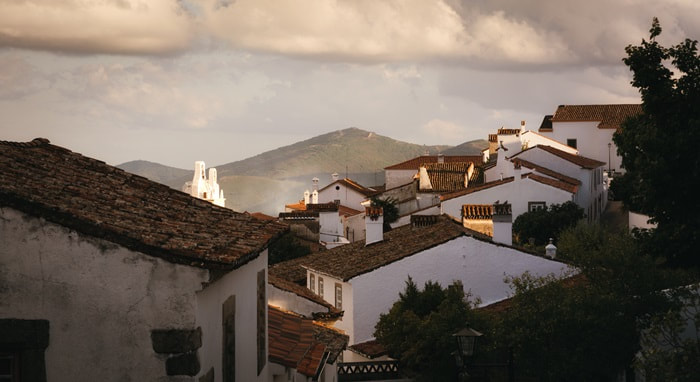
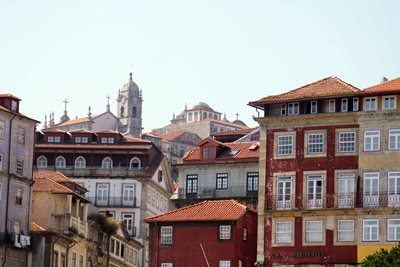
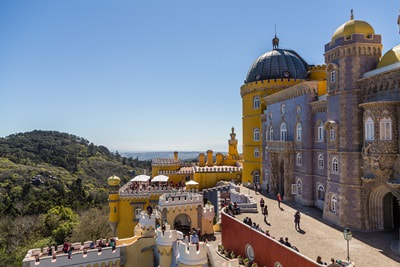
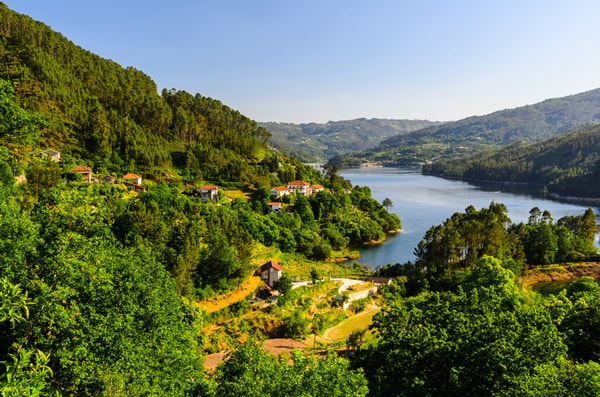
 RSS Feed
RSS Feed